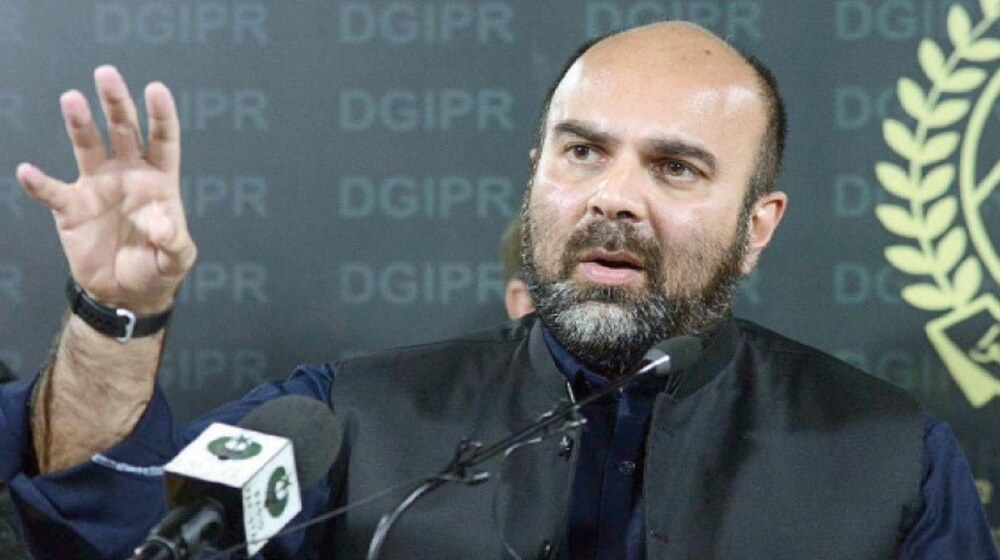
Khyber Pakhtunkhwa’s former finance minister Taimur Saleem Jhagra has highlighted two key areas that the new International Monetary Fund (IMF) programme must address if it is to solve Pakistan’s fiscal challenge.
In a detailed post on X, the former provincial minister said that if yet another three-year programme goes by without the fundamentals of Pakistan’s economy and Pakistan’s governance structure being changed, the loss will be to the people of Pakistan.
He highlighted public sector pay and pensions as the two main issues that need to be addressed.
Jhagra said that Pakistan’s public sector pay structure is an unmitigated disaster, and the top of the bureaucratic pyramid that benefits from it has no incentive to fix it. Across Pakistan, the public sector pay and pension bill, inclusive of autonomous bodies and project jobs, is around Rs. 7 trillion. The bulk of this, over Rs. 5 trillion, is pay. The rest is pension.
There are two key problems in the public sector pay model, without the resolution of which, Pakistan’s fiscal problem will continue to be unsolvable.
First, is the fact that every default job in government is a permanent job; 35 years of employment, followed by up to 50 years of pension payments, including to future generations. This means that everyone you employ in government, whether a rocket scientist or a water carrier is employed for life. It also means, that the dream of 90% of 240 million Pakistanis, is to get a government job that pays without doing any work.
Second, is the fact that everyone, from the rocket scientist to the doctor, to the clerk and accountant, in every territory of Pakistan, is on the same Unified Grade 1-22 pay scale. Obviously, the market value of each of these vocations is different. As a result, you have hundreds of millions of employees that are overpaid versus the market, and many that are underpaid. You also develop a culture of people not working and trying to make money on the side.
In short, we have one of the least productive workforces in the world; and, as previously stated, a public sector that is an attractive destination for anyone who wants a job without working, and steady pay.
More so, because we have a unified pay structure, every pay increase has an impact country-wide; the 35% increase in pay by the federal government in June 2023 had to de-facto be followed by the provinces, and so what may have been an additional expense of about Rs. 100 billion for federal employees, was an additional expense of Rs. 600 billion across Pakistan, when implemented across every territory of Pakistan. This was at a time when the federal government was saying that they were close to default and that austerity had to be the order of the day.
The minister said the solution is to abolish the unified pay scales and allow the transition to a market-based pay structure; as well as changing the Civil Service Act and rules to make it easier and more reasonable for the attrition of government employees to occur for misconduct, lack of performance, or lack of need.
As part of the IMF programme, the move away from the unified pay scales can be staggered over a few years, with every province and department following them until they devise their own, within a time-bound target period.
Pakistan had a national pension bill of around Rs 1.6 trillion last year. We know exactly the number of people that will be added to the pension bill every year, and so we know that without reform, this figure will rise by over 20% annually for the next 40 years, even if not a single new employee is hired.
He said it is high time for a pension tax deduction as part of a pay-as-you-go contribution where existing employees pay some of the annual pension bills of those who are retired. This tax should be introduced in this budget, and can be absorbed in any salary increase employees are given. It can be progressively increased, to offset a large part of the overall annual pension bill within 5 years. If a 10% deduction were made this year, it would finance Rs. 400-500 billion, or at least 25% – 33% of the pension bill.
He also highlighted that over the previous 5-year term, the KP government was the only government that worked meaningfully on pension reforms.